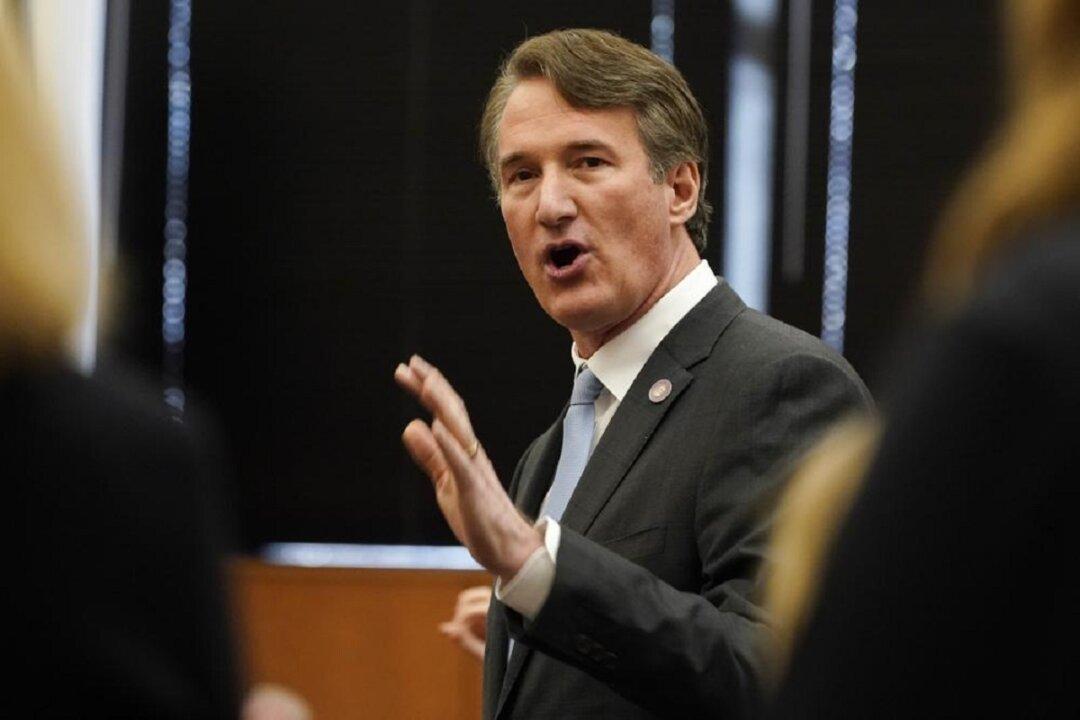Fairfax County Public Schools (FCPS), the largest school district in Virginia, will not adopt Gov. Glenn Youngkin’s new guidance on transgender students in K–12 schools, it has announced.
In a message to parents and children at FCPS—the eleventh-largest school district in the United States—on Aug. 14, Superintendent Michelle Reid said the district had concluded a “detailed legal review” and determined that current policies the district has in place are “consistent with federal and state anti-discrimination laws as required by the new model policies.”




